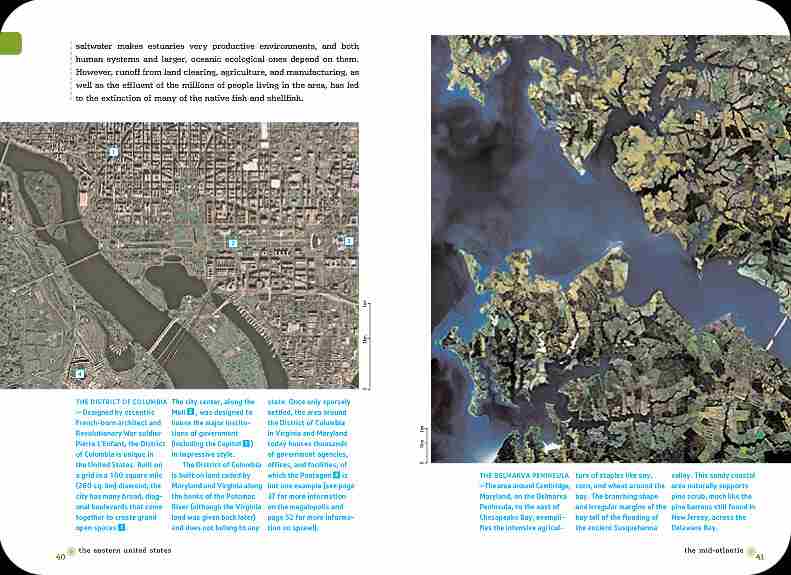Appropriate enough given that Fuller was doing hypertext before any of us had a term for it.
One of my prized possessions is my copy of Synergetics by Buckminster Fuller. Well, I happened to browse to the Buckminster Fuller Institute which has a link to a an online version of the text of the book. It has the contents, the index, and is searchable! As a young man fascinated with Fuller’s work I checked this book out from the public library in Norton KS and just boggled at the amazing density of concepts on every single page. Now you too can do that from the comfort of your own home. Where else are you going to read about the cheese tetrahedron?





 Gregory Dicum’s book “Window Seat: Reading the Landscape from the Air” sounds like a brilliant idea:
Gregory Dicum’s book “Window Seat: Reading the Landscape from the Air” sounds like a brilliant idea: